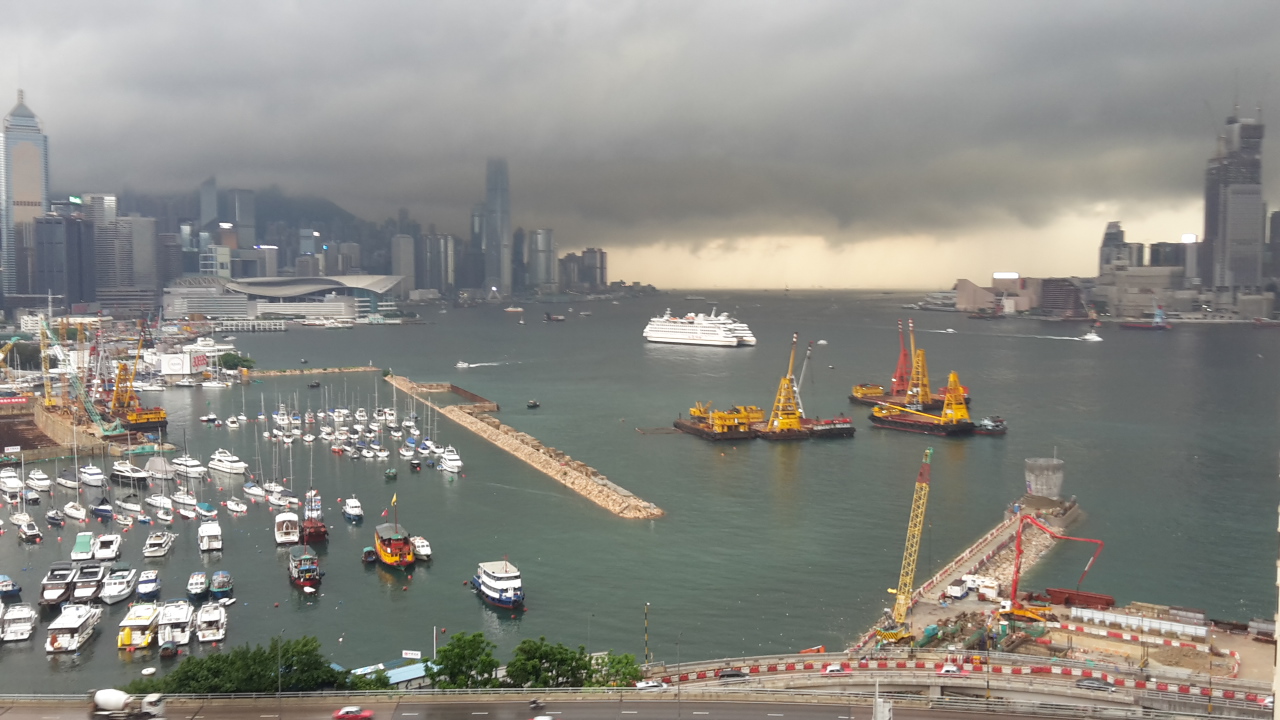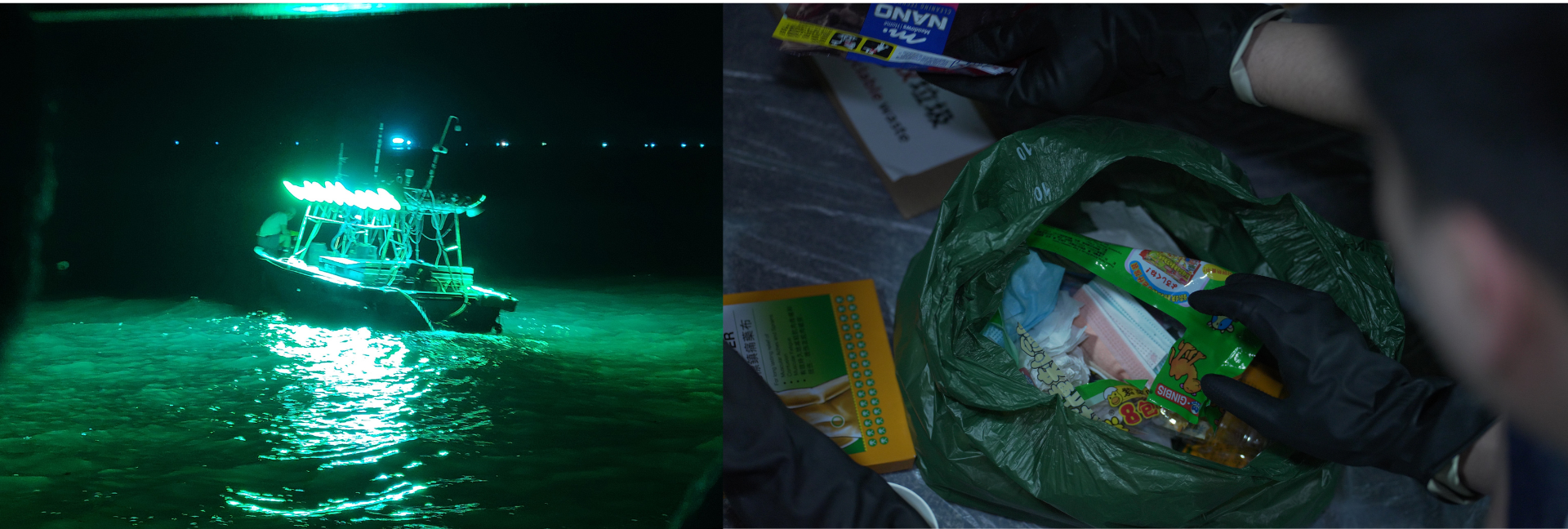How Global Warming Is Being Made Worse By Single-Use Plastics
 20 Jun 2021
20 Jun 2021
- Category
- Keywords

Plastic debris on the ocean surface affects the natural process by which the earth’s climate is regulated
Tackling single-use plastic waste problems would address plastic pollution and climate change challenges simultaneously
(20 Jun 2021 SCMP) We all know that an environmental impact of single-use plastics is the massive amount of waste they create when our brief use of them ends.
However, most of us are unaware that single-use plastics also exacerbate climate change, right from production through to disposal.
In May the Minderoo Foundation, an Australian non-profit, released the Plastic Waste Makers Index disclosing some interesting information about this.
Of the 368 million tonnes of plastics produced worldwide in 2019, single-use plastics accounted for over a third, with 98 per cent made from fossil fuels. Based on the current trend of single-use plastic production and usage, it predicts that single-use plastics will account for 5 to 10 per cent of global greenhouse gas emissions by 2050.
Over 130 million tonnes of single-use plastics were discarded in 2019, 19 per cent ending up in nature. Anything not sent to landfills or collected will start disintegrating and eventually become micro- or even nano-particles affecting marine organisms and humanity.
Moreover, plastic debris floating on the ocean surface adversely affects the growth of phytoplankton. These are microalgae producing food for other species by photosynthesis, a process that absorbs the carbon dioxide in the waters to regulate the Earth’s climate, like forests do on land.
So, if we can tackle single-use plastic waste problems, we will address plastic pollution and climate change simultaneously.
In order to meet the 2 or even 1.5 degree Celsius cap on rising global temperatures, nations and multinational corporations have committed to achieving carbon neutrality by 2050 or earlier by reducing reliance on fossil fuels.
As such, oil and gas companies have to find new businesses to make up for the loss from shrunken sales of fossil fuels that were once in great demand. Producing plastic materials is a source of sustainable income as long as demand for single-use plastics can be sustained.
Beverage producers have indeed created such a sustainable demand among others. This wealthy city has been relying on the elderly to pick up recyclable waste worth as little as 5 HK cents a PET bottle or Tetra Pak container for the sake of making barely enough to afford things to eat and wear. Such a shameful scenario just brings people with conscience to tears!
Everybody would prefer not to have their future quality of life and health adversely impacted by environmental threats. Stringent policies launched by the Environment Bureau and genuine improvements by the business sector without any delays must be the solution.
Edwin Lau
Executive Director, The Green Earth
20 Jun 2021 SCMP

 EN
EN Green Education Programme
Green Education Programme

 Back
Back
 17 Apr 2021
17 Apr 2021



